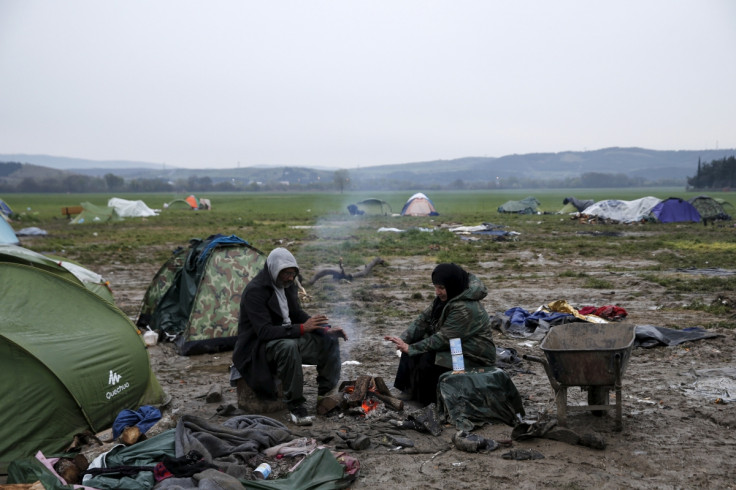Refugees fleeing war 66% more at risk of schizophrenia and psychosis

Refugees who have left everything behind to flee conflict and persecutions are three times more at risk of suffering from schizophrenia or other types of non-affective psychosis than native populations, scientists claim.
Their study, published in the BMJ and conducted in Sweden, brings new evidence that many refugees face important humanitarian difficulties when they leave their country, and mental health problems are high on that list.
Previous research had already shown that migrants were twice more likely to be diagnosed with schizophrenia than the natives of the country they arrived in. However, no publications had made a distinction between the mental health of economic migrants and that of refugees.
This latest study not only shows that the rate of schizophrenia and non-affective disorders is three times higher in refugee population compared to the general population, but also that they are 66% more likely than other migrants to suffer from such psychiatric diseases.
Higher rates of mental health problems
To come up with these results, scientists from UCL and the Karolinska Institute analysed the medical data of 1.3 million people which appeared in a national registry.
This included information regarding natives Swedes, refugees from the Middle East, Sub-Saharan Africa and Asia, but also economic migrants from the same regions. All were born after 1984, and were followed up from their 14th birthday or from their date of arrival in the country, until 2011 at the latest.
The scientists looked at rates of schizophrenia and psychotic disorders in all three groups. The incidence rate was 38.5 per 100 000 person years in the Swedish-born population, 80.4 per 100 000 person years in migrants, and 126.4 per 100 000 person years in refugees, suggesting this last group bore the highest burden in terms of mental health. The data also indicated stronger rates in male and Sub-Saharan populations.
Call for action
The data reviewed by this study only goes up to 2011, so it is difficult to estimate what the impact of the current refugee crisis is and if similar trends will be observed.
However, the scientists expect that similar mental health problems will be diagnosed in the newly arrived refugees, because of the traumatic experiences most have gone through. They call on governments and psychiatrists to recognize the problem and provide vulnerable populations with an appropriate follow-up.
The problem is not specific to Sweden but affects all European countries which take on migrants and refugees. Last autumn, the European Psychiatric Association (EPA) published a document to recognize the importance of the challenge. It pointed out that in Germany, refugee camps offered approximately 3.000-5.000 psychotherapy sessions every year. This covered only about 4 % of the needs in the country.
© Copyright IBTimes 2025. All rights reserved.






















